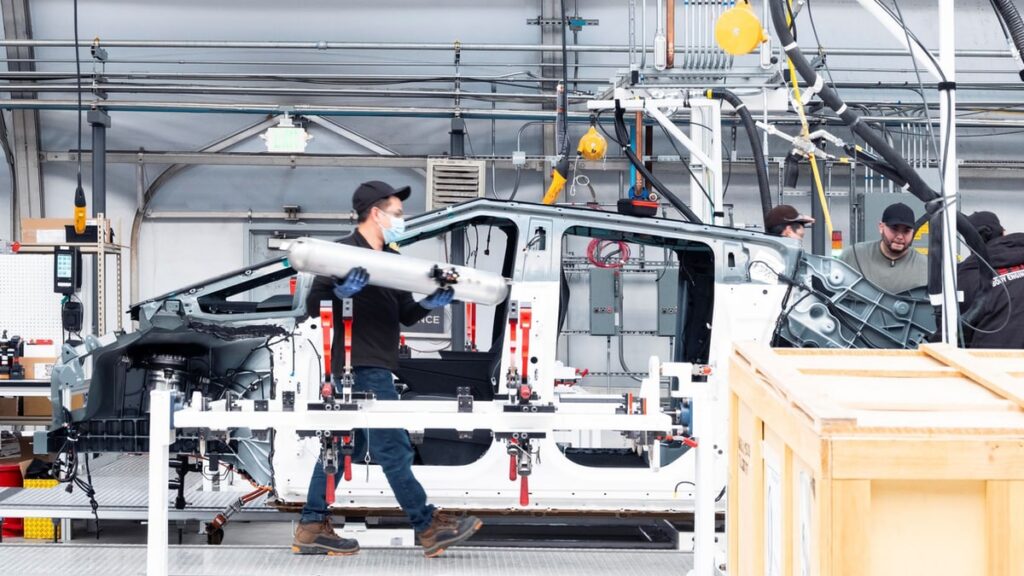
The trucking industry stands at the cusp of a significant transformation, driven by a global shift towards sustainability and green energy. However, the road to electrification is fraught with challenges that industry stakeholders must navigate astutely. This blog post delves into the concerns surrounding the adoption of electric vehicles (EVs) in the trucking sector, highlighting the obstacles and exploring potential solutions that balance environmental goals with industry practicalities.
The EV Dilemma: High Costs and Infrastructure Shortcomings
The transition to electric trucks is gaining momentum, but it’s not without its hurdles. Industry leaders express concerns over the high costs associated with electric trucks, making them a substantial financial investment for many companies. The initial purchase price, coupled with the need for infrastructure upgrades, including power grids and charging stations, adds to the financial burden. This gap in infrastructure development slows down the pace of transition and raises questions about the readiness of the trucking industry for a full-scale move to electrification.
The Practicality of Green Mandates
While the push for green energy is commendable, the practical implications of stringent emission standards and regulations are a source of frustration for many in the industry. The Biden administration’s aggressive tailpipe emissions regulations, targeting both light-duty and heavy-duty vehicles, are set to reshape the industry landscape. However, the challenges of adhering to these regulations, especially for heavy-duty trucks, underscore the need for a balanced approach that considers the operational realities of the trucking sector.
Addressing Range Anxiety and Cargo Capacity Concerns
One of the most pressing concerns with electric trucks is range anxiety – the fear that vehicles won’t be able to complete long-haul journeys without frequent recharging. This issue is compounded by the weight of batteries in electric trucks, which reduces cargo capacity and potentially affects the volume of goods transported across the nation. These practical limitations highlight the need for innovative solutions that don’t compromise the efficiency and reliability of trucking operations.
Exploring Hybrid Trucks as a Balanced Solution
In light of these challenges, industry leaders like Mike Kucharski are advocating for hybrid trucks as a more immediate and practical solution. Hybrid trucks, equipped with dual power systems, offer the reliability of traditional fuel options while introducing the benefits of electric power. This approach not only provides a safety net in case of system failures but also paves the way for a more gradual and manageable transition to fully electric vehicles.
The journey towards a greener future in the trucking industry is undoubtedly complex, filled with economic considerations, technological advancements, and regulatory hurdles. As the industry navigates this transition, it’s crucial to foster open dialogues, invest in research and development, and seek collaborative solutions that ensure the sustainable advancement of the trucking sector without compromising its vital role in the global supply chain.